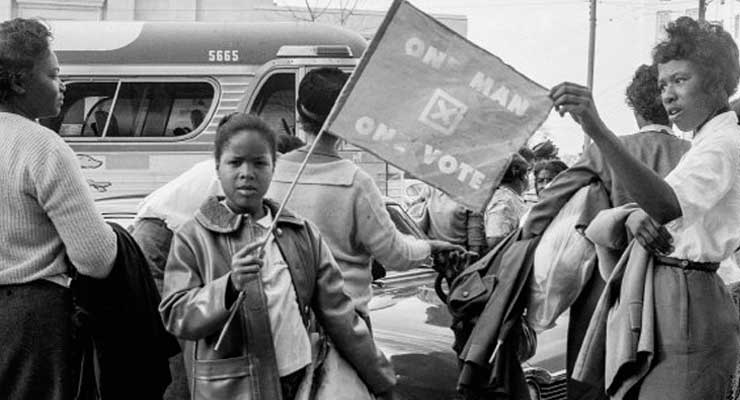
Critique of the move to ranked voting system that is on Maine ballot has often been passionate
The one man, one vote adage may soon be history for Maine. The New England state is set to not just weigh in on the presidential race on Nov. 8, but also to decide whether or not they want to adopt a rank-choice voting system. If Maine approves of the new structure (Question 5 on the…
Michael Ossipoff says
1. “Ranked Choice Voting” (RCV)is a poor name for what used to be called “Instant Runoff” (IRV).
There are _many_ ranked-choice voting systems (often referred to as ranking-methods). When proponents re-named Instant Ru;noff “Ranked-Choice-Voting”, they seem to imply that IRV is the only ranking-method. Wrong.
And didn’t IRV’s proponents change its name right after the Burlington fiasco?
2. Instant Runoff has problems that make it entirely unsuitable for current conditions. if you don’t believe me, ask the people of Burlington, Vermont, who repealed IRV after their 2nd IRV election.
3. But, in spite of its other problems, IRV _doesn’t_ violate 1-person-1-vote.
1 person 1 vote (1p1v) means that every voter should have the same voting-power. That issue came up when, in one state, some of the districts differed drastically in size, though each elected one person to office.
That meant that the people in the small districts had many times the voting-power per person, as compared to the people in the large districts.
In no way does “1 person 1 vote” have anything to do with the balloting, or how many candidates you get to make a mark for.
When people use 1p1v as a criticism of alternative voting-systems, like Approval, Score, IRV, etc., they don’t know the meaning of 1p1v.
Approval is the best voting-system proposal:
Each voter may “approve”,, by marking their names on the ballot) as many or as few candidates as s/he wants to.
The candidate approved by the most people wins.
In other words, the most approved candidate wins–The candidate considered satisfactory by the most people. Does anyone want to argue with that?
Approval is best regarded as a rating-system, in which everyone an rate each candidate as “Approved” or “Not Approved”.. “Satisfactory” or “Unsatisfactory”.
Approval doesn’t require any new ballots, balloting-equipment, or software, other than turning off the provision to detect & reject “overvotes”. Cost of changing to Approval? Zero.
Michael Ossipoff